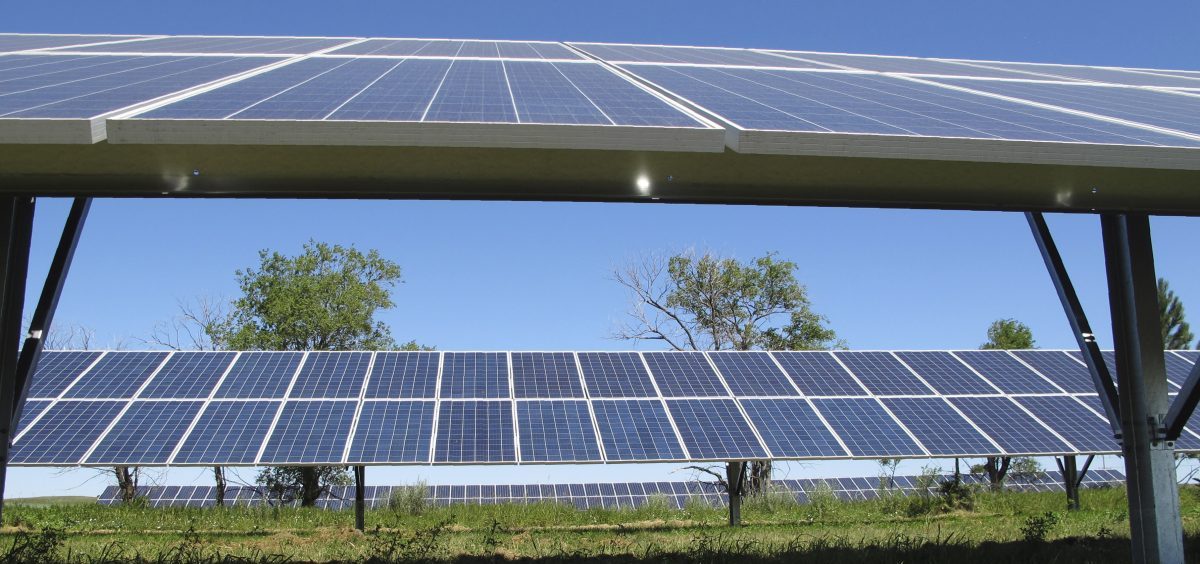
Plumbers are likely to have heard of PTFE tape. But what exactly is this tape? It is a non-stick, heat-resistant film tape made from polytetrafluoroethylene. PTFE tape can be purchased in specific widths on spools which allow for easy winding around pipe threads. This article will examine the benefits and how PTFE tape seals pipe threads.
Gas leakage prevention is achieved by using PTFE Tape
PTFE tape is used in many different applications, including plumbing and fuel systems. While most PTFE-based systems are designed for PTFE, it can also be used to make fuel oil and gasoline applications. PTFE tape, unlike other types, is extremely flexible. It is also able to withstand high temperatures, pressure, and oily conditions.

It's non-sticky
PTFE tape is non-stick and has excellent chemical and solvent resistance. It is widely used in friction-reducing, sealing, adhesive and anti-adhesive applications. It can withstand high temperature and humidity. Nonstick PTFE taps are simple to remove and leave no residue. They can be used in many different applications. It can also reduce noise, and increase the life of parts.
It is long-lasting
The chemical resistance of PTFE tape is impressive. It is used in a wide range of applications, such as pipe thread seals and wind turbine blades. It is also resistant to chemicals and thermal shocks. Ptfe tape is durable and resistant to most chemicals and high temperatures. You can use it in harsh environments with some of the great options. This material has many advantages. Continue reading for more information.
It is resistant to heat
Ptfe tape uses a non-toxic material known as PTFE to prevent crosslinking with other materials. Its chemical inertness makes it ideal for use in environments where chemicals and solvents may be present. This material is excellent for use in wire harnesses as well as capacitors. It is also not sticky, so it won't leave behind any sticky residue.

It is versatile
The PTFE-tape is a versatile lubricant that can also be used as sealant. It can be used in both gas and water systems. Because it has a low chemical inertness, you can use it on both fuel and gas lines. PTFE tape is also suitable for sealing fuel lines, such as those used in automobiles. It is used to cover threaded connections in gasoline tanks and to seal up various types of fuel lines.
FAQ
What happens if one of the parties doesn't accept their side?
The law allows you to sue the other party for damages if you don't fulfill your agreement. Damages can include interest, court costs and legal fees as well as the amount due.
How do I obtain a service-contract agreement?
You can obtain a standard form of SCA from your local government or contracting authority. You could also use the online quote generator to get more information about your needs and then send your details to us so we can reach you with additional information.
Is There Any Way That I Can Prepare For Negotiation Beforehand?
Yes!
There are many ways to prepare yourself for negotiations.
One way is to make the terms and condition of the agreement.
What is a service agreement?
A Service Contract Agreement is an agreement between two or more parties to provide services. The SCA defines the services and determines how much effort and time should be spent on them. It also specifies who pays for them and when and where they should start. It also stipulates what happens if either party breaches its obligations under the agreement.
Statistics
- While we offer all our high-quality services at competitive prices, we know that many who need our services are on fixed incomes, so we offer a 10 percent discount for seniors and military members. (homeservicecontractorsinc.com)
- (v) Place or places of performance of the prime contract and first-tier subcontracts estimated at $10 million or more, if known. (acquisition.gov)
- (3) The contracting officer may provide for a contract price adjustment based solely on a percentage rate determined by the contracting officer using a published economic indicator incorporated into the solicitation and resulting contract. (acquisition.gov)
- (1) Except as provided in paragraphs (a)(4) and (a)(8) of this section, if the estimated amount of the contract or subcontract is $10 million or more, the contracting officer shall request clearance from the appropriate OFCCP regional office before- (acquisition.gov)
- (1) Ascertain the extent to that offers are based on the payment of overtime and shift premiums; and (2) Negotiate contract prices or estimated costs without these premiums or obtain the requirement from other sources. (acquisition.gov)
External Links
How To
What should a service agreement include?
Service agreements (SAs) are essential for any business relationship. It will outline what you expect and how it will be achieved. It also outlines when and where the other party must fulfill its contractual obligations.
Here are the essential elements to a successful SA
-
Both parties will agree to the scope of work.
-
Payment terms details, including start date and expiration dates for goods/services.
-
An agreed price for your project.
-
Additional costs, such as VAT, etc.
-
Whether there are other topics that require discussion.
-
Who will take responsibility if there is an error in the job?
-
How disputes will be resolved.
-
What happens if a party breaches the contract.
-
What happens if there is a dispute
-
When does the contract go into effect?
-
What happens if one of the parties fails to perform.
-
How long do you have to pay invoices?
-
Who pays for things like travel expenses.
-
Where the money comes.
-
What happens if the client decides to change his mind about the project.
-
What happens when the supplier doesn’t show up.
-
Who has access to the site during construction?
-
What happens when the customer cancels a project?
-
What happens if the product malfunctions?
-
What happens if a manufacturer refuses to provide parts?
-
What happens if the equipment is damaged?
-
What happens when the project takes longer to complete?
-
What happens if the work isn't completed within the agreed timescale?
-
What happens to the project if it isn't up-to-standard?
-
What happens if the cost exceeds?
-
What happens if you don't receive your materials on time?
-
What happens when the material arrives damaged.
-
What happens if products do not meet the standards?
-
What happens if the job gets cancelled before it is completed?
-
What happens when the company goes under?